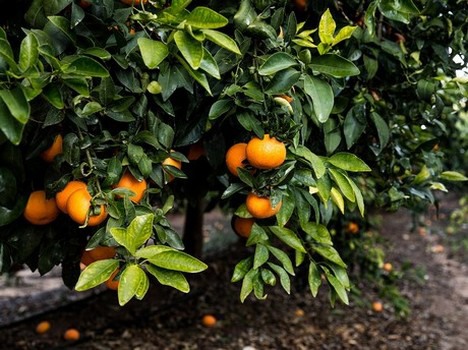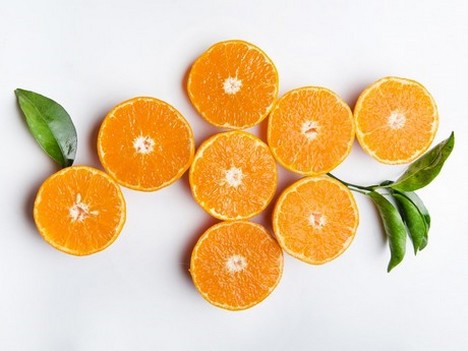It was a difficult start to the season for Orri Jaffa mandarin growers in Israel. “The season started off very slowly. Weather conditions had delayed the maturing of the fruit,” says Tal Amit head of citrus at Israeli Plants Production & Marketing Board. “We have been more than 30% behind schedule over the last two months.
Tal however, expects they will have the same volume of this easy-peeler citrus fruit as last year - around 90 000 tons for export. “France is our main market - 45% of our Orri Jaffa volume goes to French markets. As you may recall, there was a major strike there in the first two weeks of January. That was in the import and transportation sector. That also delayed arrivals of fruit to the market in that European market.”
“The North American market shows steady growth,” adds Tal. “It has been growing over the last three- or four-years, gaining reputation for Orri Jaffa as the preferred mandarin. They also grow easy-peelers in California. This makes the competition more complicated in North America and efforts for sales promotion with point of sale activities. Our targets are to reach levels like last year despite late start.”

Better prices, good quality
He says that prices are much better than last year. “They started at roughly €2/kg on the wholesale market at the beginning of the year. Now, this price has dropped to between €1,50 and €1,60/kg. The quality of current season’s fruits is excellent.” Amit expects the Jaffa Orri season to run through quite late in Israel. This is due to its late start. “It expected to continue, into May.”
“We still have large volumes to go. During the beginning of the season, quantities were about 4,000 tons weekly. We are now doubling that - to over 8,000 tons a week that is being exported. The weather has improved, farmers can pick without interruption.”
No new Orri plantations have been established in Israel. “In fact, over the last two years, Orri trees have been uprooted in areas where they should not have been planted in the first place. These areas gave very low production, so their disappearance does not have a major influence on total production. There are 800 hectares less than we had two years ago.”

Spain
Spain cultivates the same variety but grows it under different conditions. “They grow Orri, with licensees, about 2,000 hectares. Their production is around 60,000 tons. They are not allowed to plant any more trees.” Spain is the only country in Europe that has a license to grow Orri. “And no more licenses are available in Spain. We have additional licensees in Southern Hemisphere - South Africa, Argentina, Chile, Uruguay, and Peru.”
The Jaffa brand has a few other varieties in its stable. But Amit does not consider them as competition to Orri Jaffa. “Orri is the Jewel of Jaffa. Some varieties overlap the Orri season, with no reason to develop them any further. "However, we might come up with a surprise or two in a few years" says Amit.
Amit considers Israel’s currency exchange rate as a serious threat to Orri Jaffa growers. “Year-by year, the Israeli Shekel improves by five to ten percent against global currencies. That means local farmers’ incomes shrink every year, while, production costs increase annually. Profitability declines continuously, which might become a serious problem at some stage.”
When asked how he sees the Jaffa Orri in a couple of years, Tal Amit answered, “It will still be the best product of its kind on the market. I do not see any threats. I think the current volumes will be good enough for the future. I would be very happy if along with reputation and demand, growers’ income, would increase.”
 For more information:
For more information:
Jaffa Orri
www.orrijaffa.com
